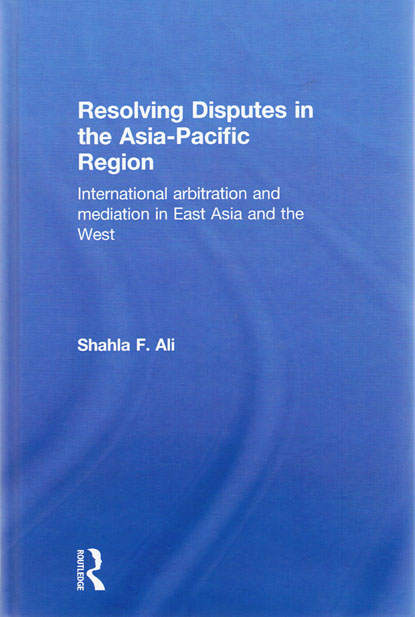
How diverse cultures approach conflict in the context of the integration of global markets is a new arena for research and practice. To date, most of the research on international arbitration has focused exclusively on Western models of arbitration as practiced in Europe and North America.
While such studies have accurately reflected the geographic foci of international arbitration practice in the late twentieth century, the number of international arbitrations conducted in East Asia has recently been growing steadily and on par with growth in Western regions.
Resolving Disputes in the Asia-Pacific Region presents empirical research about the attitudes and perceptions of over 115 arbitrators, judges, lawyers and members of the rapidly expanding arbitration community in China, Hong Kong, Korea, Japan, Singapore, and Malaysia as well as North America and Europe. The both covers both international commercial arbitration and "alternative" techniques such as mediation, providing an empirical analysis of how both types of dispute resolution are conducted in the East Asian context.
The book examines the history and cultural context surrounding preferred methods of dispute resolution in the East Asian region and sheds light on the various approaches to international arbitration across these diverse regions.
This book will be of great interest to students and scholars of international arbitration and dispute resolution, comparative and Asian law, as well as anyone dealing with potential conflict in international business relationships in East Asia.